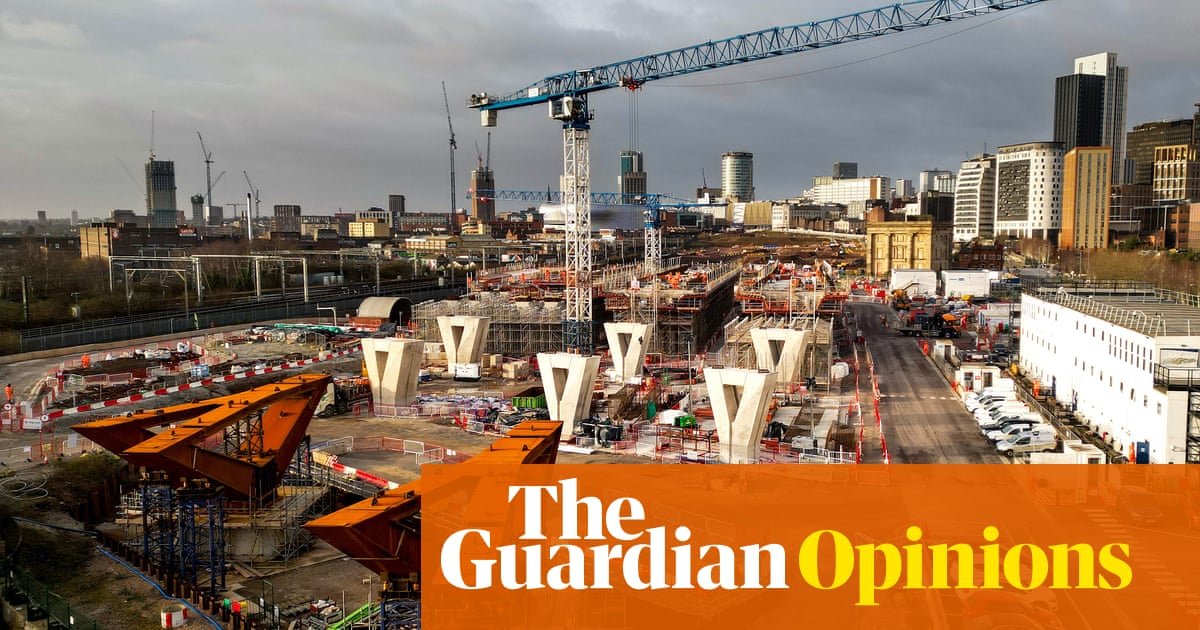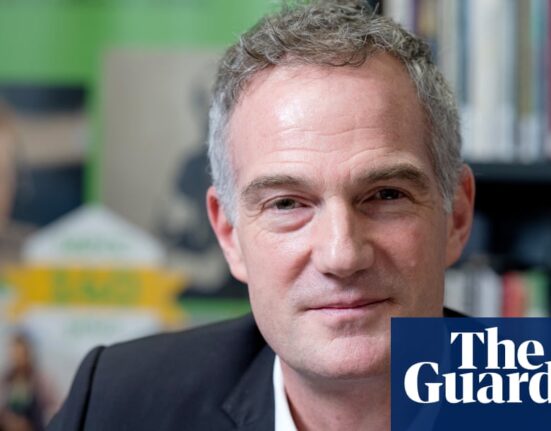Following the general election, the National Audit Office (NAO) released a report that offered a tragicomic epitaph to successive Conservative governments’ spectacular mismanagement of HS2. Scrapping the northern leg of the project, said the NAO, could lead to an actual reduction of capacity between Birmingham and Manchester, because custom-built Hs2 trains travelling on existing tracks would carry fewer people. It may be necessary in future, judged the report, to incentivise people not to travel the route at certain times “or to not travel by rail”.
The Labour-commissioned rail and urban transport review, published last week and launched in Bradford, is a quietly radical call for a strategy to free the UK from the legacy of such incompetence. Led by Juergen Maier, the former chief executive of Siemens, the review makes a clear case for the centrality of public transport to driving economic growth, achieving environmental goals and improving social wellbeing.
On rail, in stark contrast to the previous government’s policy of managed decline, the review recommends that Labour should aim for a doubling of usage. It states that “northern powerhouse” rail projects, which have been mired in confusion after the abandonment of HS2’s northern leg, should be completed “in full”. New solutions for the creaking west coast mainline between Birmingham and Manchester, and improvements to the east coast mainline north of York, are identified as key priorities.
Most fundamentally perhaps, Mr Maier’s review – which Labour initiated while in opposition – calls for a paradigm shift in the way public transport is viewed in Westminster. In government, it implies, Labour has the chance to reset attitudes in the Treasury, where funding has tended to be viewed simply as a cost burden. A different mindset is required to “frame … investments as a necessary investment into UK productivity overall, which results in net additional tax receipts flowing back [to the Treasury]”.
If Labour is to repair the damage done by years of lack of ambition, it will need to take this expansionary message on board. In European regions such as the Ruhr, the development of high-speed rail links has driven new growth and higher productivity in cities such as Düsseldorf and Cologne. Spending on integrated and upgraded transport systems in English city regions – following where London and the south-east has led – can help transform a two-speed economy in which the rest of the country has unhappily languished in the capital’s slipstream.
In a certain sense, of course, Mr Maier and his co-authors are preaching to the converted. In an interview with this newspaper, Labour’s transport minister, Louise Haigh, underlined that investment in public transport will be essential for economic growth, achieving net zero targets, and delivering social benefits such as safer streets. But the sums will need to be big enough to address the neglect and mismanagement laid bare in this review, which has left towns and cities trailing far behind European peers.
Long-term, stable funding, designed to outlast a single parliament, is needed. Local authorities, which have already begun to make progress in areas such as subsidised bus travel, must be further empowered to plan and raise revenues. Such spending should not be viewed as a cost burden to be regretted, as annual accounts are totted up. For Labour, trains, buses and trams should be at the heart of a green growth strategy.













